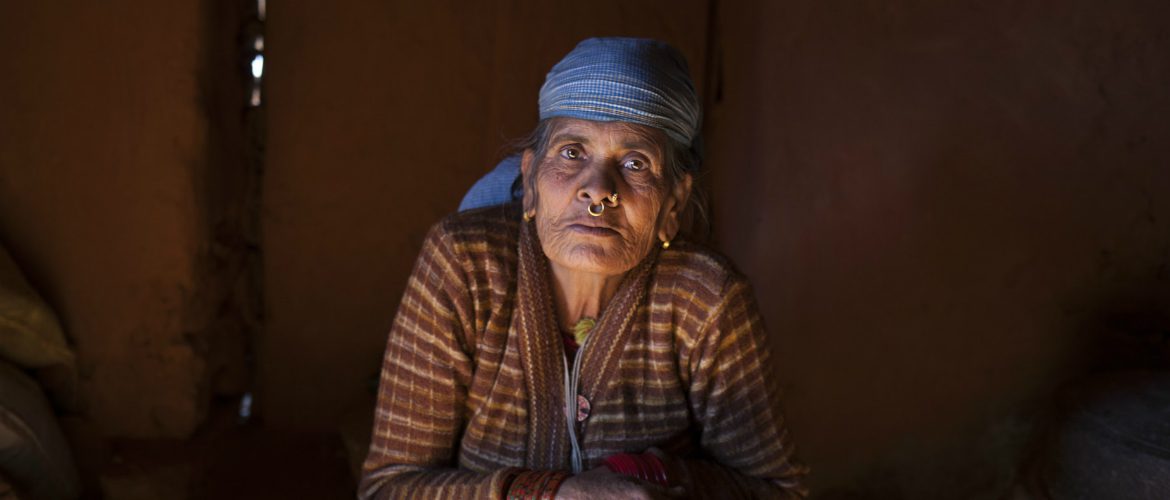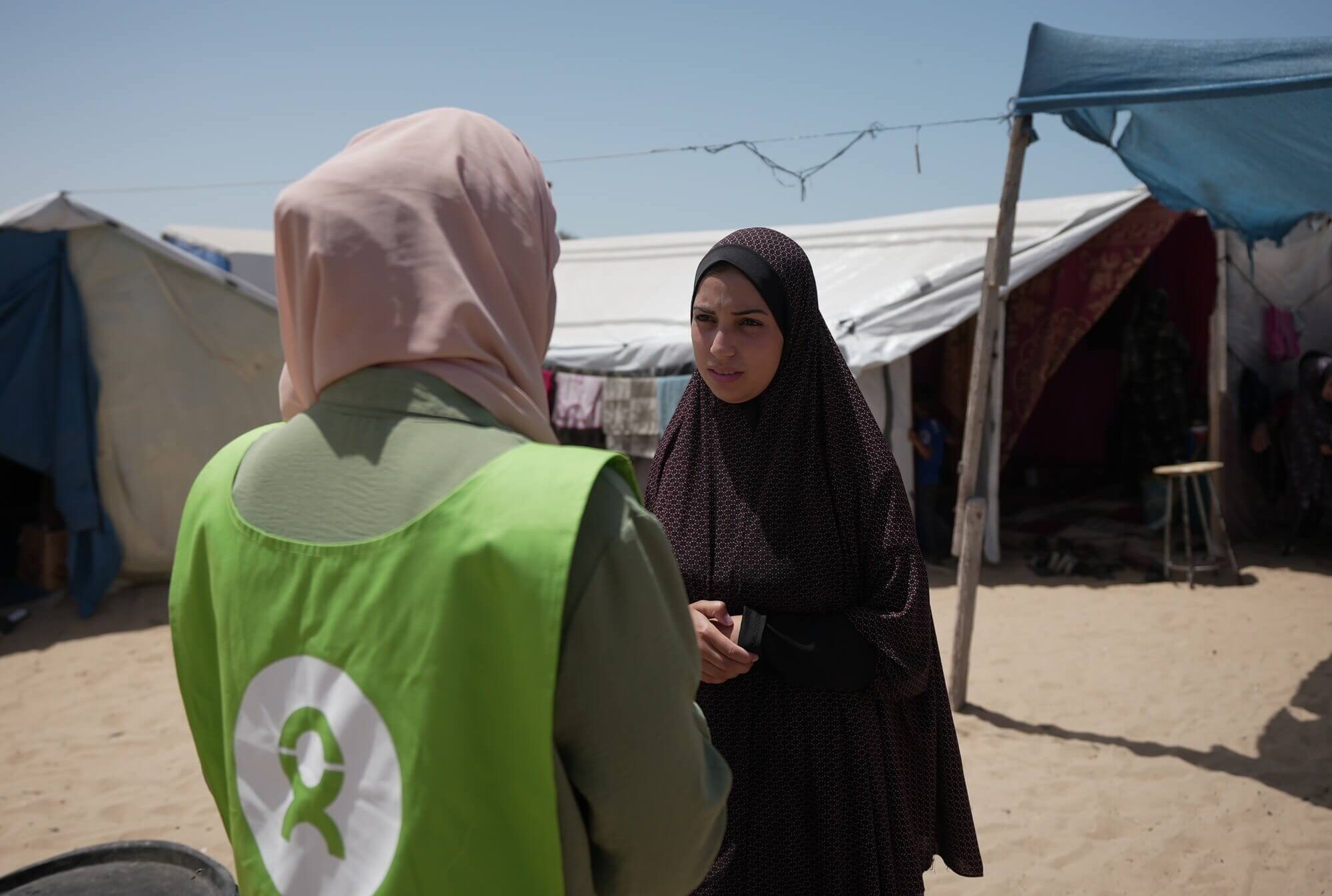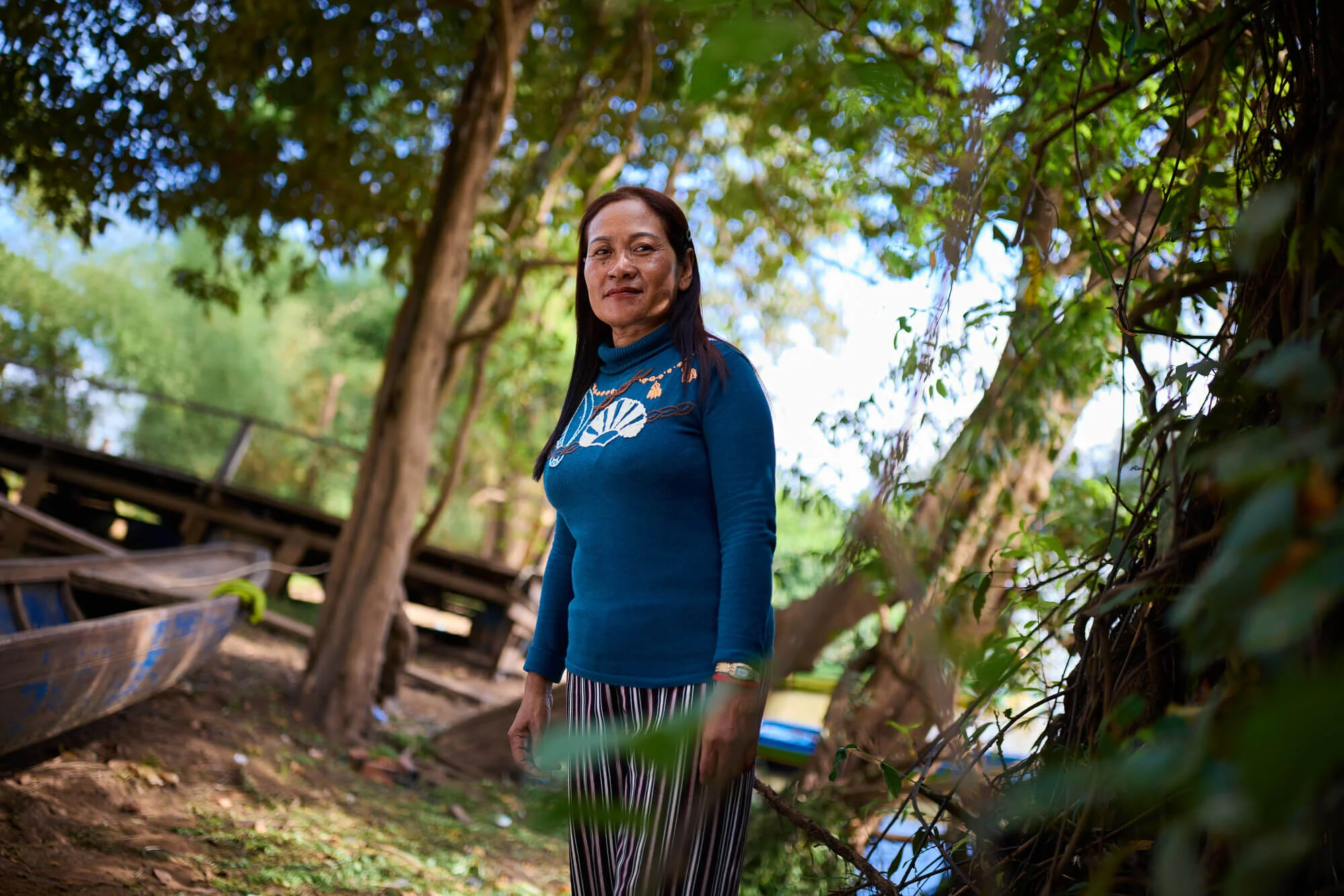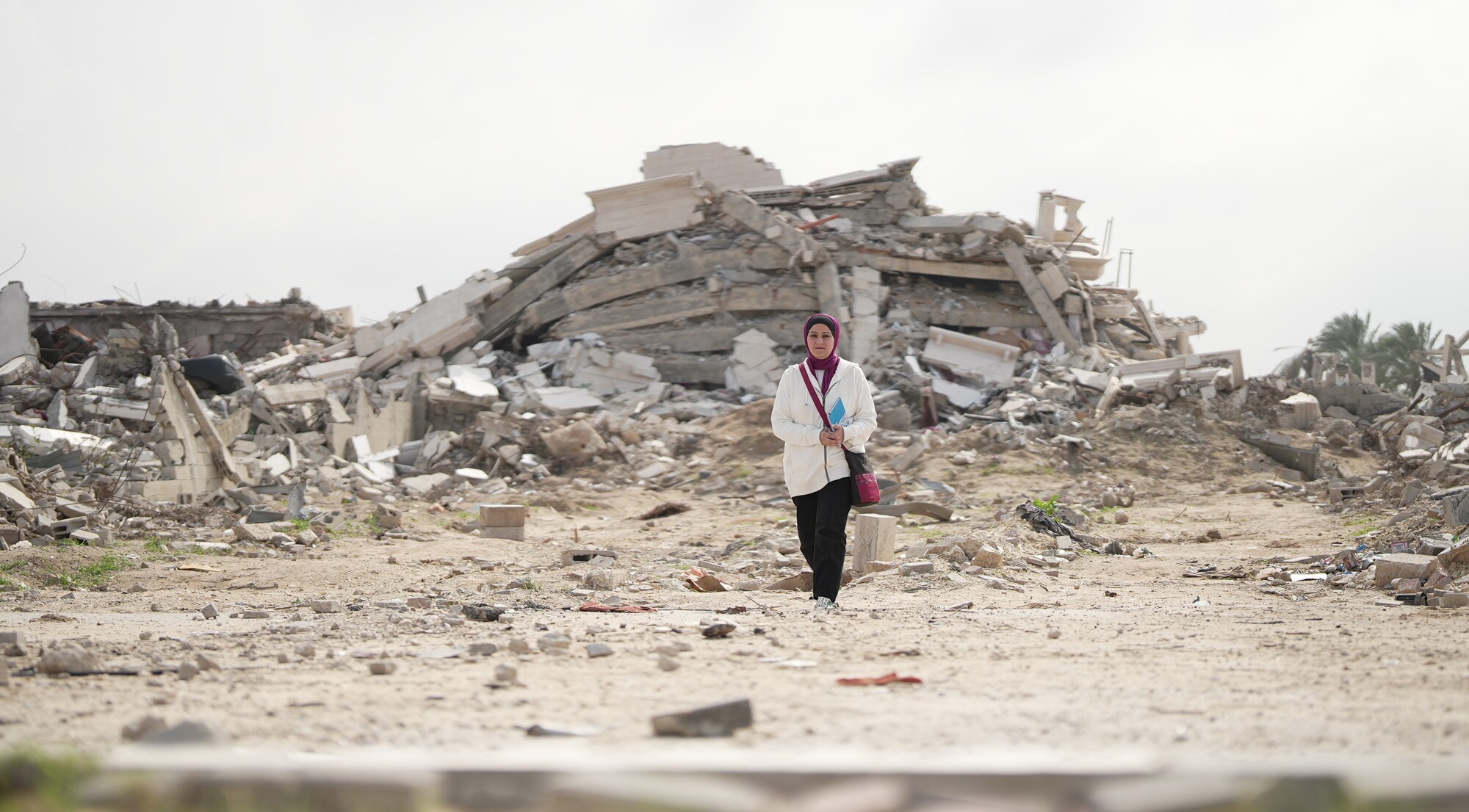In the remote mountains of Far West Nepal, water and sanitation infrastructure is sorely lacking and clean water is dangerously scarce.
For generations, women like Dhana have dedicated their entire lives to the relentless chore of finding water to sustain their families.
Water is not just scarce in Dhana’s village, it’s unsafe too. The little water that can be found in local wells and rivers is also dirty and unsafe for drinking. But with water in such short supply, women like Dhana routinely risk their health and drink this contaminated water — there is no alternative.
Dhana lives with her family on a mountaintop in Darchula, Nepal.
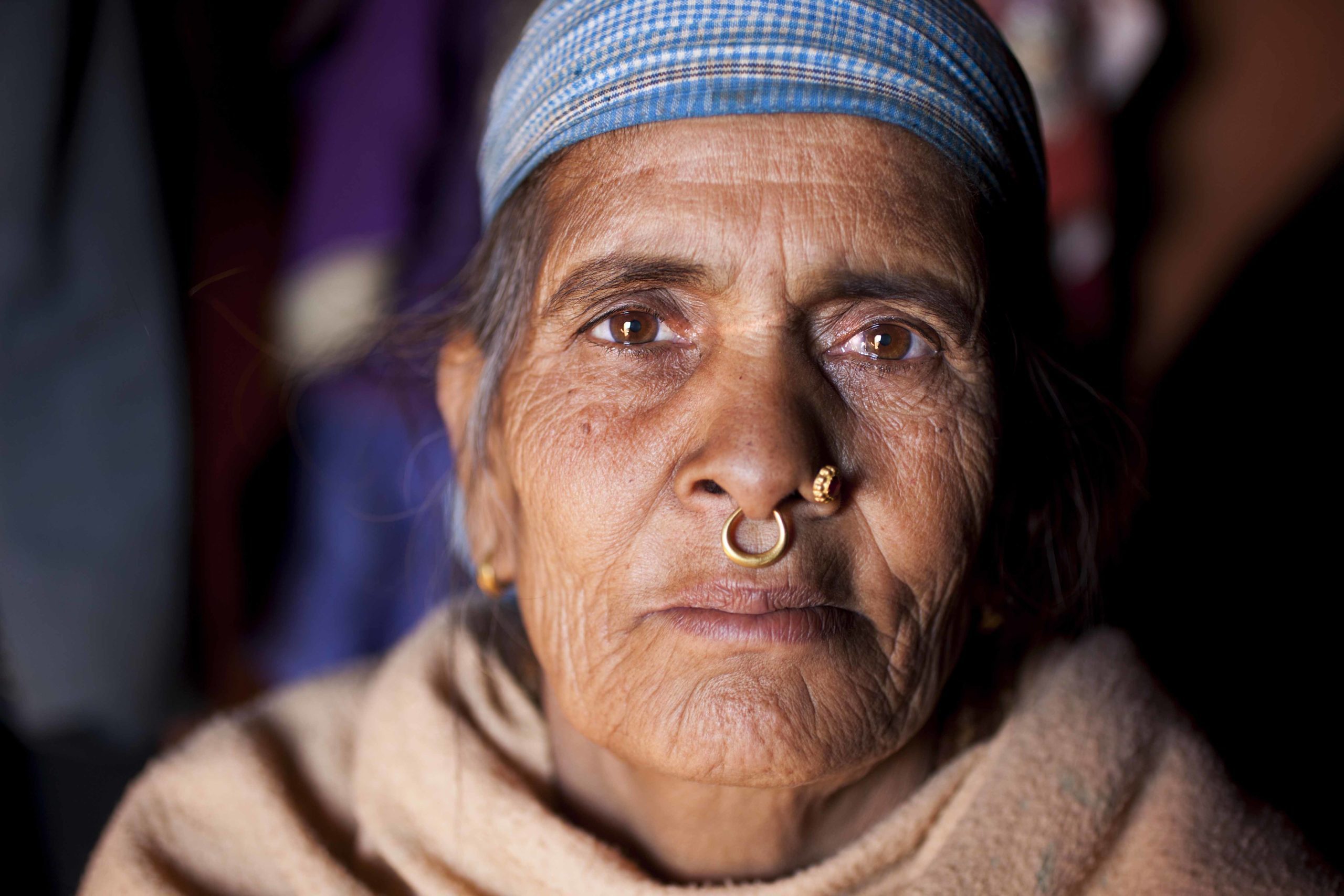
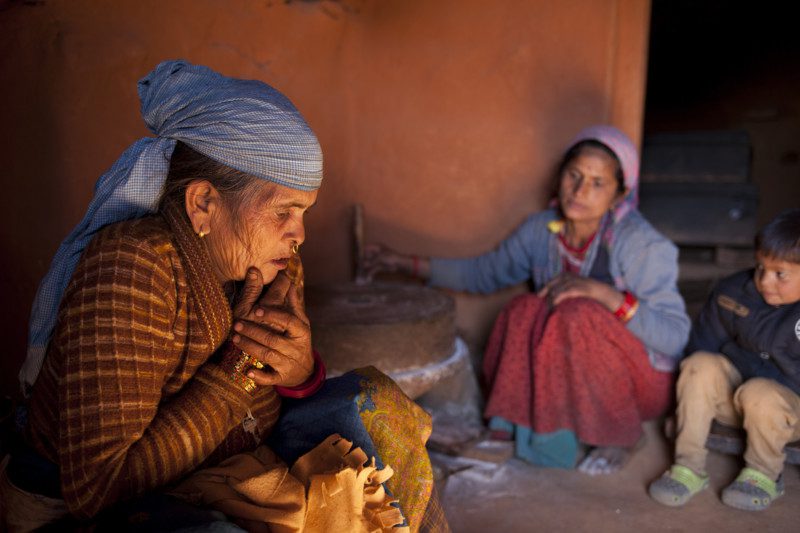
Dhana pictured with her daughter and her grandson.
Water hauling is deemed “women’s work” in Nepal. So for the last five decades, Dhana spent about 16 hours each day hauling heavy loads of dirty water from the foot of the mountain for her family. The water makes the whole family sick and Dhana’s backbreaking work has left her unable to walk without excruciating pain.
“For the past three years, I haven’t been able to walk for more than two to three minutes,” she explains.
Dhana describes the long-term effects of hauling water: “Water, yes, the water makes me sick — from lifting heavy water on my back, being pregnant, and having no medicine to take.
“From when I had my first baby until now, it is painful in my back and stomach. Now, I can’t do any work because of that. I have lots of pain.” She continues, “I can’t stand up properly because my back is so painful.”
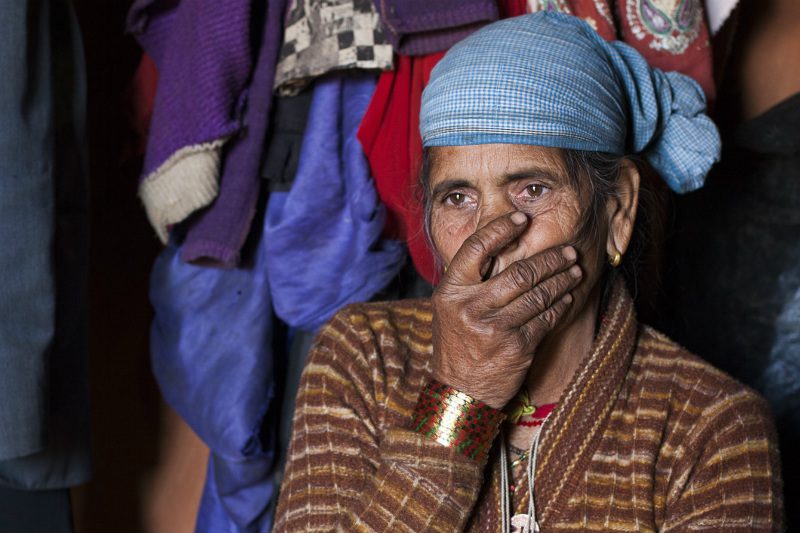
With only contaminated water to drink, more than 92% of young children in the region have frequent bouts of diarrhoea. At best, it’s debilitating — at worst, fatal.
Nepali children are 100 times more likely to die from diarrhoea than Australian kids. In 2015, diarrhoeal disease killed 1,256 children under the age of five in Nepal.
In Darchula, skin conditions and acute respiratory infections, such as bronchitis and pneumonia, are also common among children and adults alike. Dhana’s 18-year-old grandson Ram (pictured below) explains, “We get sick because of the water. Mostly, it’s a fever and a cold and my skin gets dry … there are lots of other problems with my skin. It makes me very sad.”
“My skin is so painful,” he adds. “Since childhood it has been so painful.”
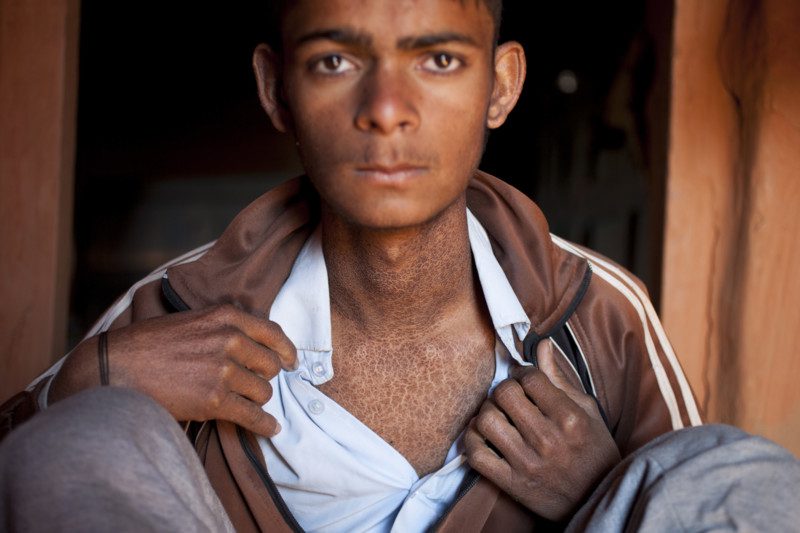
Ram has a painful skin condition, made worse by the lack of clean water.
Dhana doesn’t want her grandchildren to endure the same life of poverty that she has known. She says, “I am just hoping for a good future for them … I want to see them earning money and standing up on their own feet before I die.
“My grief will end at that time.”
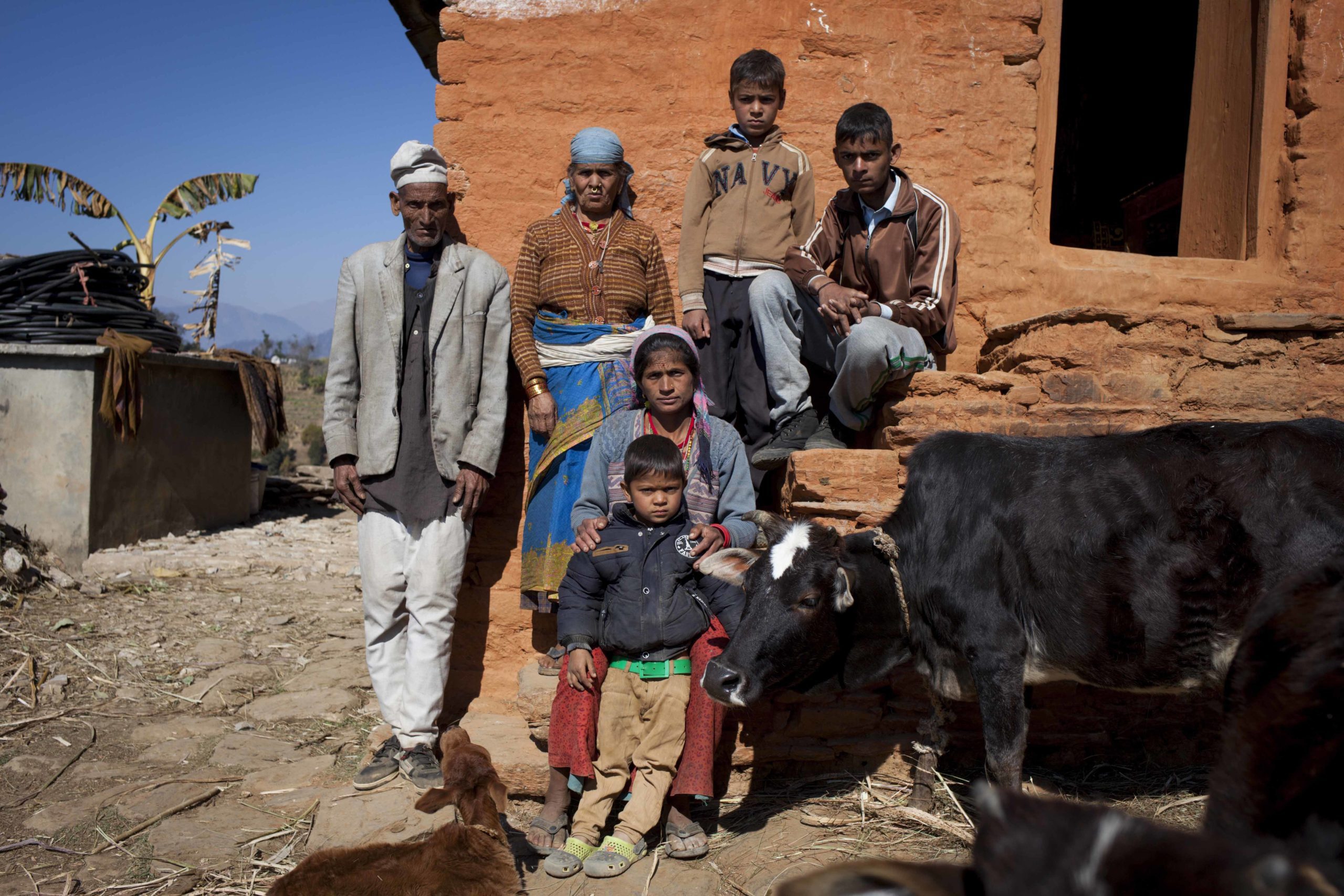
Dhana and her family.
No family can be strong and healthy without clean water. That’s why we’re on the ground in Nepal, working against time to provide vital, clean water for women like Dhana and their families.
Please donate today to help provide life-saving clean water in Nepal.
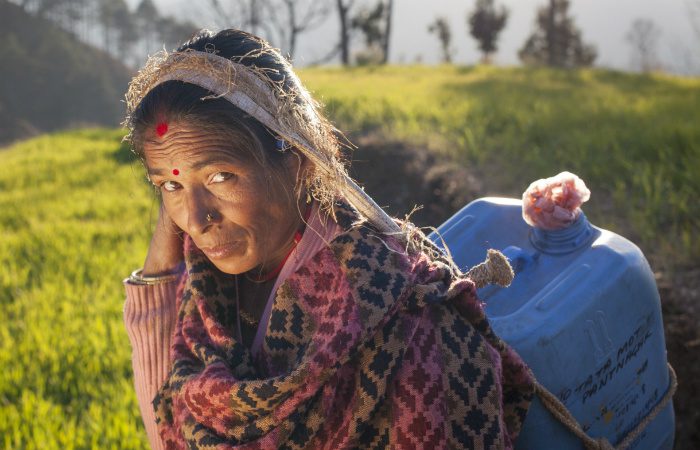
Donate to help give clean water in Nepal
Your donation is essential to help Oxfam provide vital clean water to families in Nepal.
Photos: Abbie Trayler-Smith/OxfamAUS
